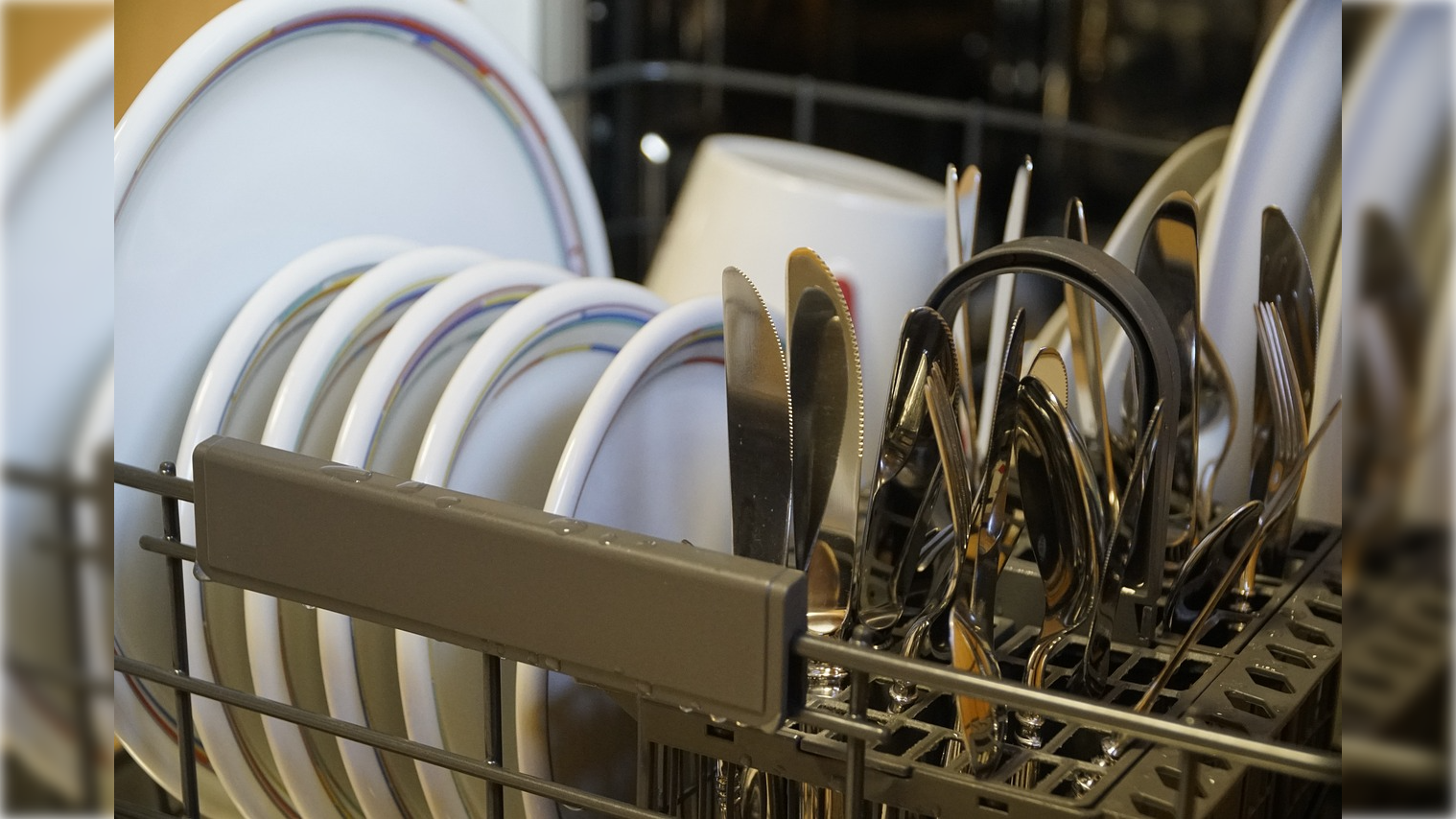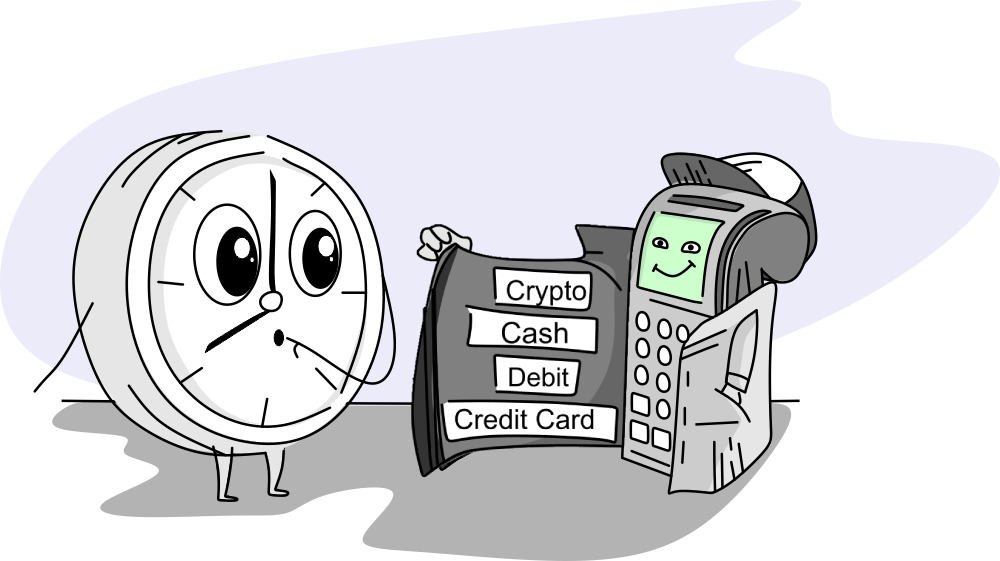
Comprehensive Guide: Why Your Dishwasher Won’t Start and How to Fix It
A dishwasher is an indispensable tool in a modern kitchen, providing convenience and efficiency. However, like any appliance, it can occasionally present issues, such as refusing to start. This article aims to provide an in-depth understanding of the possible reasons why your dishwasher might not start and some actionable solutions you can try.
1. Power Issues
One of the most basic reasons a dishwasher won’t start is due to power issues. The machine may be unplugged, the circuit breaker may have tripped, or there could be a problem with the outlet itself.
Fix: Check to ensure the dishwasher is properly plugged in. If it is, try plugging another appliance into the same outlet to verify if the outlet is working. If the outlet is functional, check the circuit breaker or fuse box in your home. If the dishwasher’s circuit has tripped, reset it. If these steps don’t resolve the issue, the problem might lie elsewhere.
2. Door Latch or Switch
The dishwasher door latch and switch are critical safety features that prevent the dishwasher from running while the door is open. If the latch is broken or the switch is defective, the dishwasher will not start.
Fix: Inspect the latch for any signs of damage. If it appears broken, it needs to be replaced. If the latch is fine, the door switch might be the problem. Using a multimeter, you can check for continuity in the switch. No continuity indicates that the switch is defective and should be replaced.
3. Control Panel or Touchpad
Sometimes, the problem may lie in the dishwasher’s control panel or touchpad. Certain buttons may work while others don’t, indicating that the control panel is partially functioning. This could prevent the dishwasher from starting.
Fix: If only some buttons are responsive, you might need to replace the entire touchpad or control panel (in some models, these are integrated). However, this repair can be complicated and might require professional assistance.
4. Timer or Electronic Control
The timer or electronic control regulates the power supply to all of the dishwasher’s components. If these elements malfunction, they could prevent the dishwasher from starting.
Fix: Diagnosing a faulty timer or electronic control can be challenging and usually requires a professional. They would typically use a multimeter to test these components for continuity. If the timer or electronic control is faulty, it should be replaced.
5. Thermal Fuse
The thermal fuse is a safety device that cuts off power to the dishwasher if it overheats. If the thermal fuse has blown, the dishwasher will not start.
Fix: Using a multimeter, you can check the thermal fuse for continuity. If the fuse has blown, it will need to be replaced. It’s also essential to determine why the fuse blew to prevent it from happening again. This task may require a professional.
6. Drive Motor
The dishwasher’s drive motor initiates the pump and spray arms. If the motor is defective, it might prevent the dishwasher from starting. Typically, a motor that’s failing will make a humming noise.
Fix: If you suspect a motor issue, it’s best to call a professional. Motor repairs or replacements can be complex and can be dangerous without the proper knowledge and tools.
7. Selector Switch
The selector switch lets you choose different washing options. If it’s defective, it might not send the signal to start the dishwasher.
Fix: Using a multimeter, you can test the selector switch for continuity. If it’s defective, it should be replaced. This repair can be a bit more intricate, so you might need professional help.
8. Start Relay
The start relay provides power to the motor. If the start relay is defective, it might not supply power, preventing the motor from running and the dishwasher from starting.
Fix: The start relay is generally located at the bottom of the dishwasher, attached to the motor. To test its functionality, you can use a multimeter to check for continuity. If it’s defective, it will need to be replaced. As this involves electrical components, professional assistance is recommended if you’re not comfortable doing it yourself.
9. Main Control Board
The main control board controls nearly every function in your dishwasher. If it’s not providing power to the motor or other components, the dishwasher won’t start.
Fix: Control boards are often misdiagnosed; thus, all the other parts should be tested before replacing the control board. If you’ve determined that all other components are working properly, the control board might be at fault. This is a high-voltage component, and replacing it should be left to professionals.
10. User Control and Display Board
If the User Control and Display Board—essentially the control panel of the dishwasher—fails, it might not send voltage to the dishwasher’s other components, preventing the dishwasher from starting.
Fix: Similar to the main control board, the User Control and Display Board should be replaced only after other parts have been tested. This repair should also be handled by professionals due to the electrical nature of the component.
11. Thermal Fuse or Thermostat
A blown thermal fuse or a faulty thermostat could cut the power supply to the dishwasher’s control board, preventing the dishwasher from starting.
Fix: Both the thermal fuse and thermostat can be checked for continuity using a multimeter. If either component lacks continuity, it will need replacement. This task is relatively simple but can be handled by a professional if you’re unsure.
12. Bi-Metal Switch or High Limit Thermostat
The bi-metal switch or high limit thermostat acts as a safety device, cutting power to the dishwasher if it gets too hot. If it’s defective, it could cut power even at normal temperatures.
Fix: Using a multimeter, check the bi-metal switch or high limit thermostat for continuity. If it’s defective, replace it. This task is typically straightforward but should be done by a professional if you’re uncomfortable with the process.
In conclusion, there are numerous reasons why your dishwasher might not start, ranging from simple power issues to more complex problems with the motor or control boards. While some fixes can be done at home with basic troubleshooting, others might require professional expertise. Regular maintenance can help prevent many of these issues and extend the lifespan of your appliance. Always prioritize safety when dealing with electrical appliances and don’t hesitate to call a professional when in doubt. Your dishwasher is a valuable tool, and keeping it in optimal condition will ensure its longevity and performance.
Appliance repair, Appliance repair in Burnaby, Appliance repair in New Westminster, Appliance repair in Vancouver, Appliance repair near me, Coquitlam, Dishwasher repair, Doctor appliance, Dryer repair, Freezer repair in Burnaby, Fridge repair, Fridge repair in Burnaby, Oven repair, Port Coquitlam, Port Moody, Refrigerator repair in Burnaby, Stove repair, Washer repair, Washing machine repair
